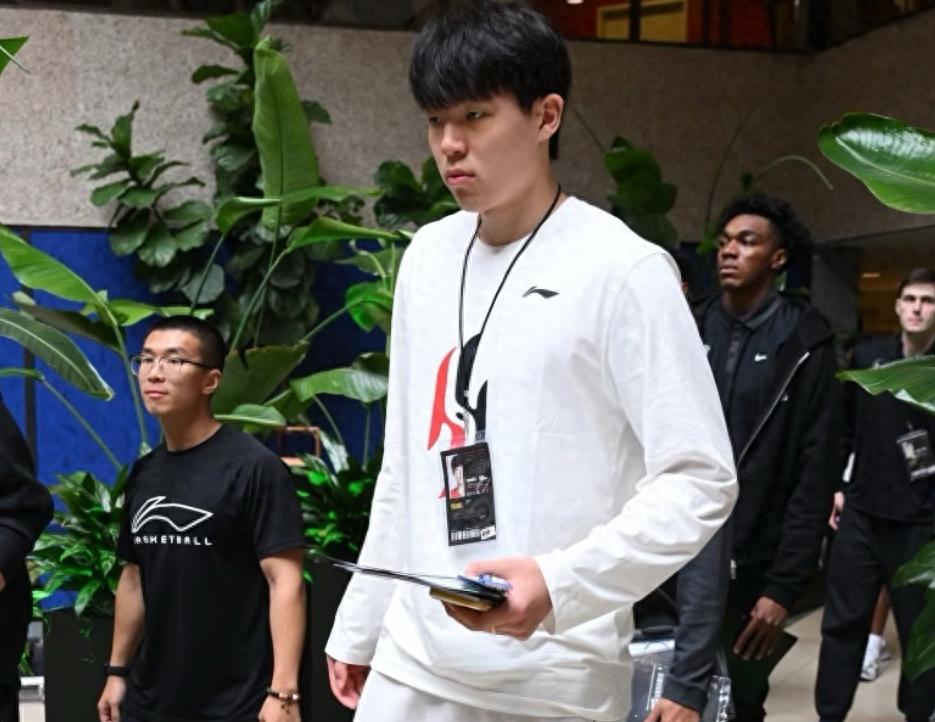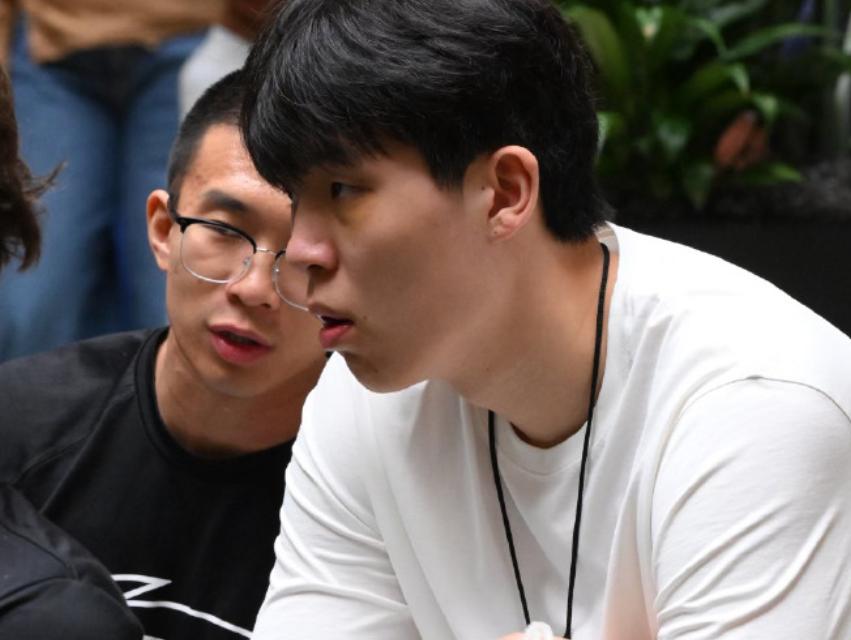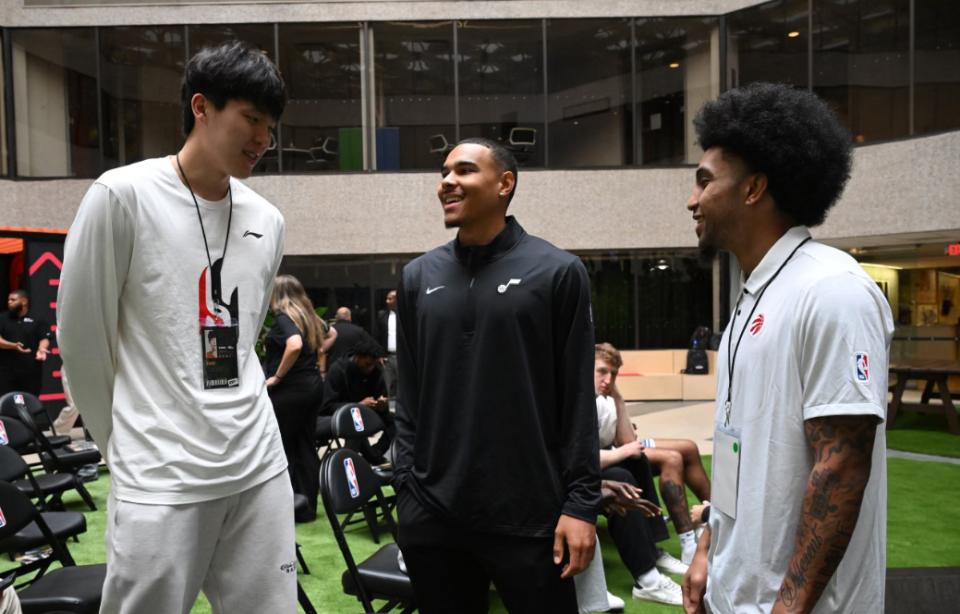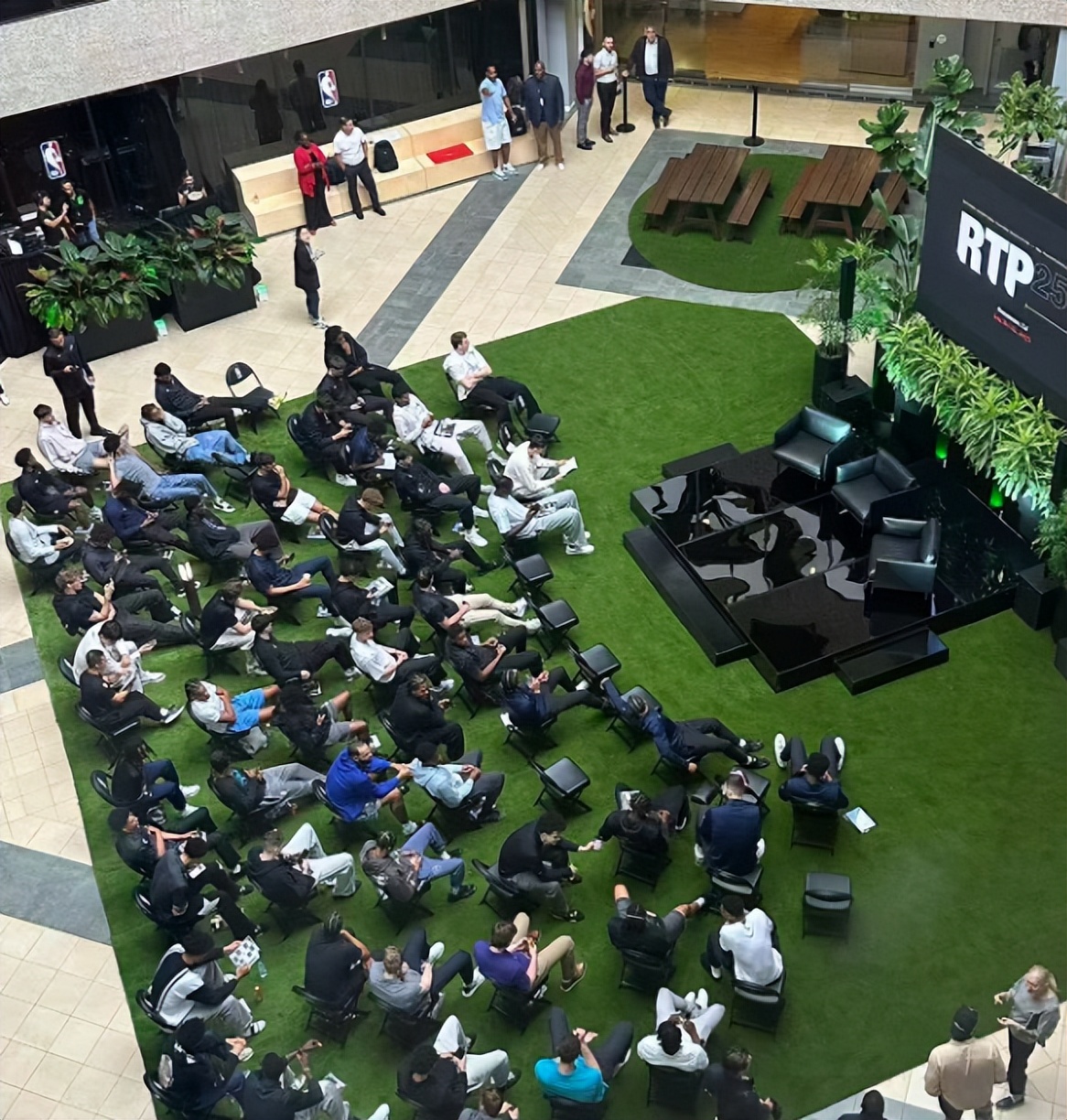Yang Hansen attends class in New York! Unveiling the NBA RTP training: What exactly do rookies learn from it?
On August 21st, Beijing time, Yang Hansen showed up in New York to take part in the NBA’s rookie training program. This initiative is known as the Rookie Transition Program (RTP), meaning “Rookie Transition Plan.” What are the key lessons Yang Hansen and his peers take away from this course?

The RTP was founded in 1986 as a groundbreaking program. As the oldest of its kind in American professional sports, RTP is jointly organized by the NBA and the players’ union. Its goal is to equip newly signed players with essential tools to handle the significant financial, personal, and social pressures of an NBA career. The program begins during Summer League, and the New York session is considered a continuation of that process.
Some rookies have already spoken about the RTP in interviews. Spurs’ second overall pick Harper mentioned that the program made him realize just how much the NBA invests in players’ success both on and off the court.

“I really enjoy the Rookie Transition Program—it’s great to interact with all the players and work together through different activities,” Harper said. “It’s fantastic.” He also revealed that one of the key lessons he learned was how to avoid social media scams. As one of the top prospects in the 2025 rookie class, he places high value on what RTP teaches in this area.
“We had a session on ‘catfishing’—online scams—where we examined a girl’s Instagram account to determine if it was real,” Harper explained. “That was the most authentic part. Once you join the league, man, you really have to watch out for those online scammers.”
Drew Franklin, NBA Vice President of Player Development, shared that the players’ association is committed to ensuring every rookie takes advantage of all the development resources the league offers.
“In my current role, I help create programs that support players’ personal and professional growth. We do this by overseeing the network of player development staff across all teams, providing resources and guidance, and running initiatives directly for players—Rookie Transition Program being one of them,” Franklin said.
“When new players enter the league, they need more than just knowledge of the rules and the business side of basketball—they also need to learn how to maintain their desired level of success through mentorship and cultural integration,” Franklin continued. “Players’ experiences are constantly evolving, so we’re working to expand and refine the full RTP curriculum. Since Las Vegas is the first point of contact for a week of games and initial NBA competition, our goal is to give them something meaningful to explore and engage with at that moment.”
“I got the chance to talk with Shaun Livingston and Eddy Curry, who shared some wisdom and insights they picked up during their time in the league,” said Pelicans rookie Fells. “That was awesome. I learned a lot of useful information, and I’ll definitely keep it in mind for when I need it.”
Topics covered in the program include financial management, mental health, social justice advocacy, community involvement, and decision-making. NBPA Executive Vice President of Operations Morgan Cato noted that preparing rookies at this critical stage of their careers sets the foundation for long-term success.

“The rookie experience is unique and crucial for every athlete, especially for NBA players. I think one thing we do well in the NBA is helping players get ready for whatever life may throw at them during this phase,” Cato explained. “Transitioning from college to an 82-game, nine-month season, being away from family, and needing to perform consistently is not always easy. This program is designed to meet players where they are and prepare them for their rookie journey.”
As the second part of the program, rookies gather in New York for an in-depth review of everything they learned during Summer League. Cato stated that RTP aligns with the players’ association’s mission: “to protect and advance the rights of our players. They are the heart of the game.”

“In late August, all the players will dive deeper into topics ranging from media training and interaction, financial literacy, to referee rules,” Cato said. “It’s a more immersive experience, including team-building and communication exercises. By the time training camp starts, they’ll have a clear understanding of what to expect.”
For Yang Hansen, these lessons are just as important as on-court tactics. Not long ago, Hall of Famer Stockton discussed this topic, pointing out that 60% of retired NBA players go bankrupt within five years of leaving the league, simply because they didn’t manage their finances well.


Wonderfulshortvideo
@Keegan-Michael Key mic’d up during the @RUFFLES Celeb Game 😂 😂 😂


Players and coaches were honored to have President Barack Obama in the building for the 2026 NBA All-Star Game


LaMelo knocks down the tough one-legged three 😮💨


This game was cinema 🙌


This sequence was INSANE 🤯


Jaxson Hayes really brought out the eastbay slam 😱


Replying to @NBA Giannis was loving the Intuit Dome popcorn too 😭








 Links
Links
 Contact
Contact
 App
App


